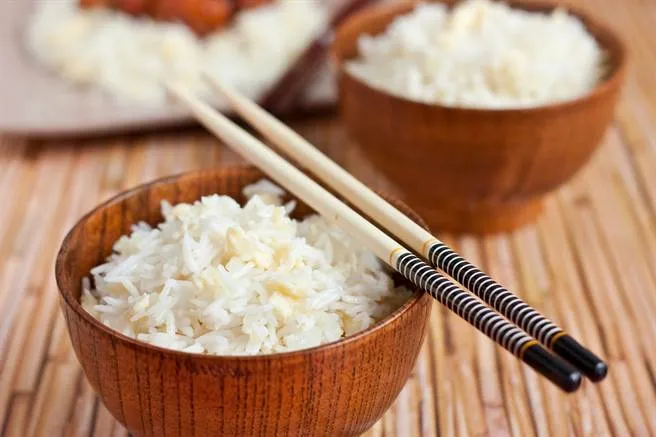Bamboo, which grows widely in southern China, has played an important role in Chinese culture since ancient times. Since the Shang Dynasty, bamboo has been used to make bamboo slips to record important documents, such as the Book of History and the Book of Rites. The detailed records of bamboo paper in Tian Gong Kai Wu in the Ming Dynasty mark a great progress of papermaking technology in ancient China and promote the prosperity of culture.
In particular, chopsticks, as an important application of bamboo, are an indispensable tool on the Asian table.According to archaeological findings, the use of chopsticks can be traced back to the Yan-Shang period 3000 years ago.In China, chopsticks are not only tableware, but also contain profound cultural significance, reflecting the delicacy and etiquette of the Chinese food culture.As time went on, chopsticks were introduced to neighboring countries, such as Japan, and became an integral part of their culture.
In Japan, chopsticks have been given a new cultural significance. August 4 is designated as “Chopstick Day” every year to commemorate the contribution of this everyday object to the culture of dining. Japanese people say “itadakimasu” (I humbly receive) before using chopsticks and “gochisousama deshita” (thank you for the great meal) after eating, which reflects their deep respect for food and nature.

The popularity of chopsticks has also led to new applications in the field of bamboo in the modern architecture and design.Modern architects such as Kengo Kuma and Vo Trong Nghia have used bamboo’s natural strength and flexibility in their projects to demonstrate its aesthetic and environmental value in modern architectural design.In addition, the development and production of environmentally friendly and bamboo fiber has high practicability of products, such as household products and fashion accessories, ancient natural materials can be converted to the innovative products in modern life.
The historical and cultural significance of bamboo has continued since ancient times, and it has always been a unique cultural phenomenon in China.Whether in the banquet culture of the royal court or in the daily life of ordinary people, bamboo continues to influence people’s lifestyle and cultural concepts with its unique charm. In a world where plastic pollution has become a major threat to the environment, bamboo offers a natural alternative. Brands such as BooBoa are dedicated to bringing bamboo products to the global market, including everyday storage baskets, decorations, and even floor design. These products not only inherit the excellent characteristics of traditional bamboo products, but also incorporate modern craftsmanship and design concepts to make them competitive in the global market. Through the efforts of companies such as BooBoa, bamboo, an ancient yet modern plant, is continuing to influence and enrich our lives with its unique charm and endless possibilities.

Leave a Reply